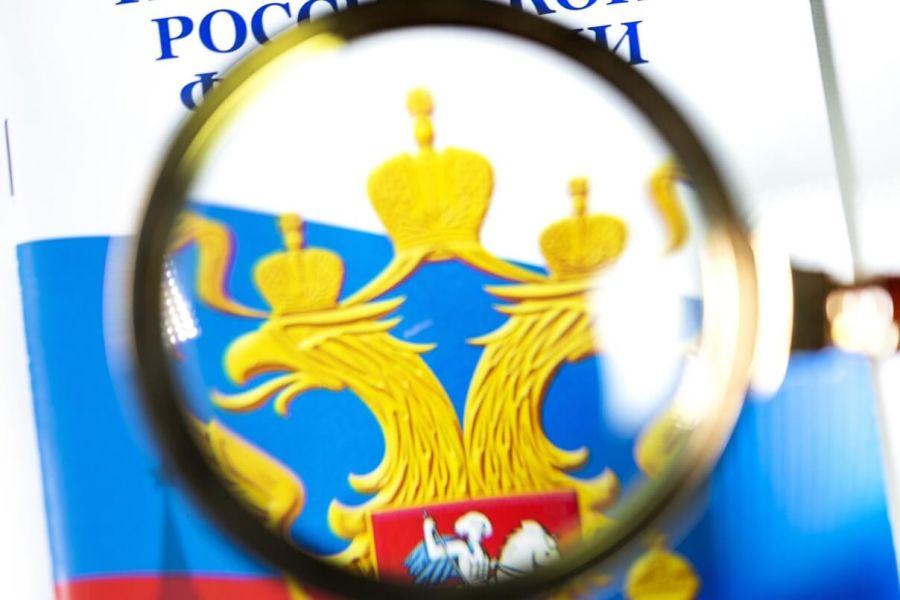Late Drama Threatens to Disrupt Russian Crypto Regulation Plans

Friday is supposedly D-Day for Russian parliamentarians, who are set to unveil their much-talked-about draft crypto regulation bill – but the drama continues to rumble on, leading some to questions whether the law will indeed pass as quickly as some have hoped.
As reported, leading MPs have forecasted that the bill, due to be officially unveiled on February 18, could pass the State Duma (Russia’s Parliament) in the first half of this year. Details revealed thus far indicate that the bill will seek to “legalize” crypto, but heavily regulate its use, tax traders, and police crypto exchanges and brokerages.
But the Russian Central Bank remains vehemently opposed to the measures, instead preferring a China-style blanket ban. Its leadership has recently made warnings about the “new risks” that the draft bill could create for the Russian economy and society.
The Finance Minister, however, has hit back by claiming that “it’s impossible to ban crypto.”
Quoted by Forbes Russia, the minister, Anton Siluanov, stated:
“The Central Bank wants to ban cryptoassets, cryptocurrencies, arguing that they create risks, primarily for citizens, and can ‘infect’ financial institutions and banks, as well as creating an opaque settlements market. This is the same as banning the internet: It’s impossible.”
While he agreed that the Central Bank’s concerns were “understandable,” he urged the body to stop delaying – and accept the government’s proposals.
“Even if we make a mistake somewhere along the line, we can always correct it. It is worse when the decision is delayed. The grey industry [whereby crypto is neither legal nor illegal] simply keeps on developing in the meanwhile,” he was quoted as saying.
But the Central Bank has also dipped an oar in, and says that bogus miners and other crypto fraudsters are running amok in Russia.
In a pointedly timed report, dated February 16, the Central Bank claimed that in 2021, it had identified “almost 2,700 “illegal companies and financial pyramid schemes.”
More than half of the 871 pyramids (53%), it added, were found to be “raising funds in cryptocurrency” or had “advertised investments in various non-existent cryptoassets,” including mining projects for tokens that did not even exist.
The bank said it had successfully taken down some 3,000 bogus websites belonging to scammers, many of which were allegedly running crypto and forex-themed schemes.
But the Finance Ministry appears undaunted by the bank’s persistent claims. The Central Bank would prefer to follow up a ban with the rollout of its own digital ruble. And while the Kremlin seems keen on issuing a digital currency, it also seems to be keen not to scare away miners – particularly as the tense situation surrounding Ukraine means that overseas energy markets may become increasingly reluctant to buy Russian power resources.
Siluanov, Vedomosti reported, has gone on to speak about developing an “amnesty” mechanism for people who “already own cryptocurrencies.” The minister suggested that crypto holders should seek to link their wallets with banks or other conventional financial institutions, so that their “assets” can move “into legal circulation.” Those who fail to comply, he suggested, “should be dealt with by law enforcement agencies.”
He added that miners should also be “assigned a code of economic activity,” and taxed accordingly.
_____
Learn more:
– Russian Central Bank & Government Fail to Agree on Crypto Regulation; New Limits Proposed
– New Russian Law ‘Will Dampen Public’s Interest in Crypto’, Says Biz Leader
– 2022 Crypto Regulation Trends: Focus on DeFi, Stablecoins, NFTs, and More




